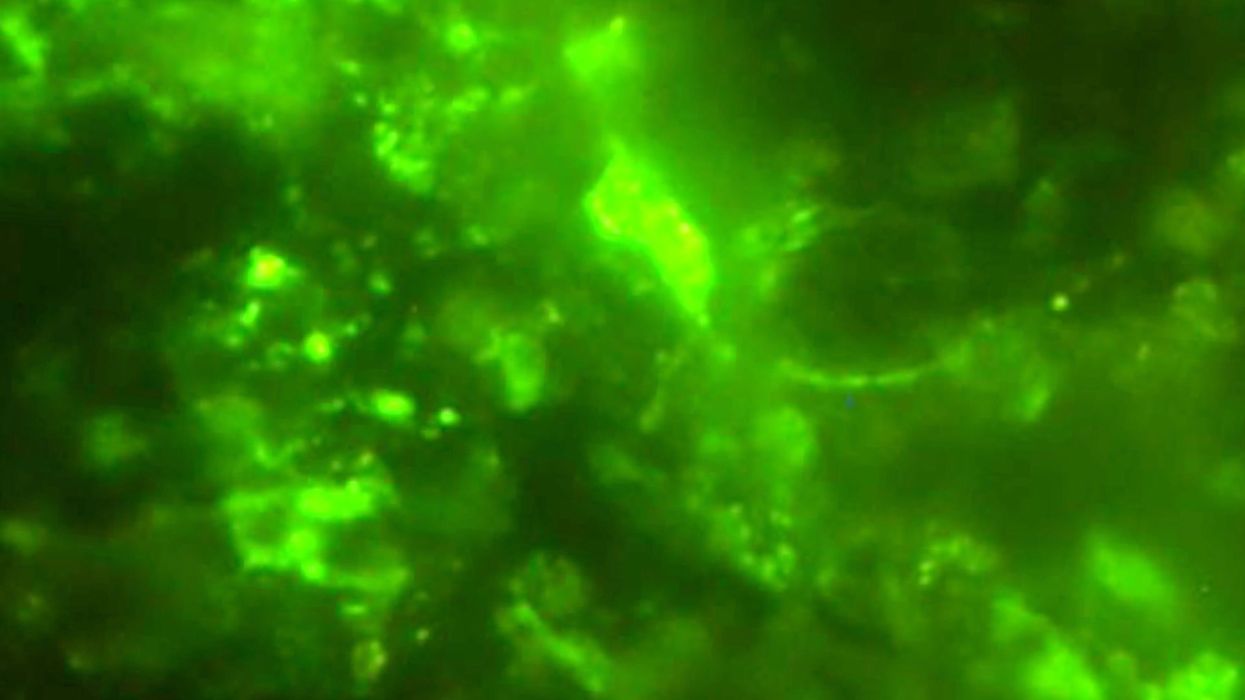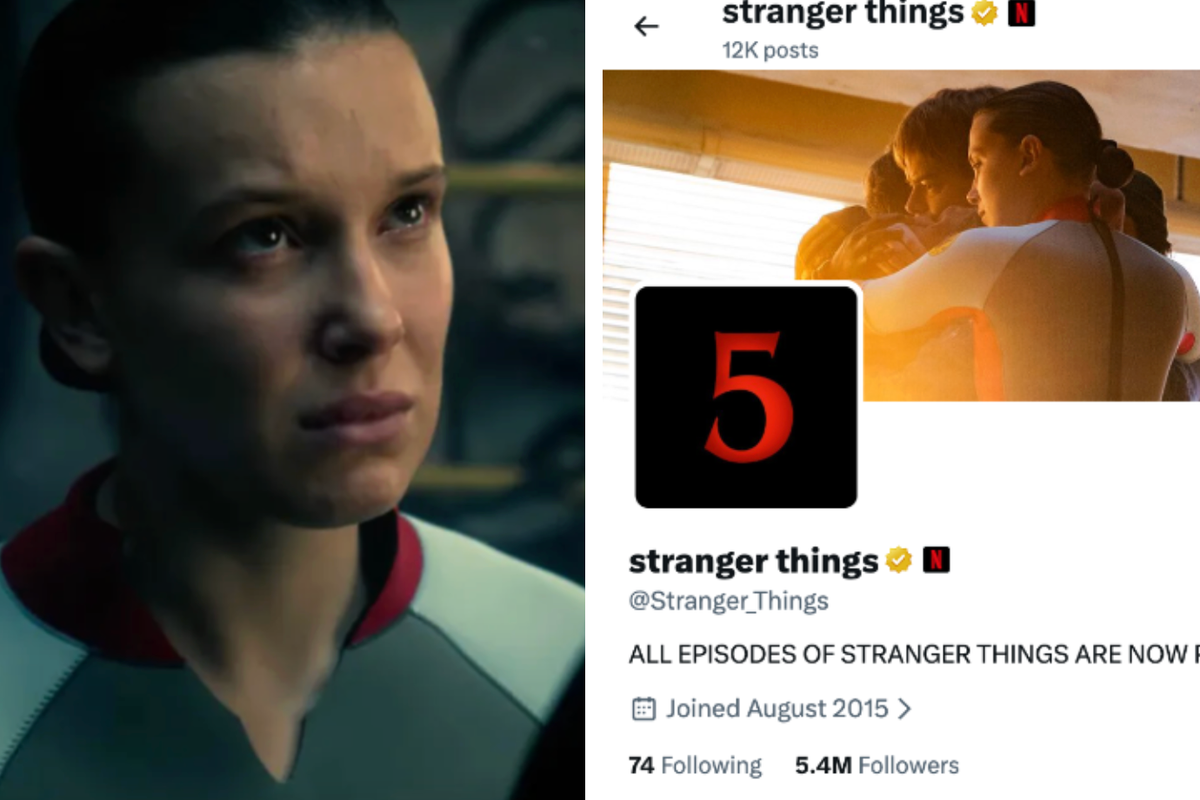Science & Tech
Sinead Butler
Dec 18, 2024
2-Billion-Year-Old Microbes Discovered Living Within Rock
ZMG - Amaze Lab / VideoElephant
An 'extremophile' microbe nicknamed "Conan the Bacterium" could protect humans as it has been found to resist damage from radiation.
The bacterium known as Deinococcus radiodurans has the ability to resist radiation thousands of times stronger than the lethal dose for humans - conditions that would otherwise kill other life forms.
"Ionizing radiation — such as X-rays, gamma rays, solar protons and galactic cosmic radiation — is highly toxic to both bacteria and humans," Michael Daly, a geneticist and D. radiodurans expert at Uniformed Services University in Maryland, told Live Science.
"In bacteria, radiation can cause DNA damage, protein oxidation and membrane disruption, leading to cell death," he noted. "In humans, radiation exposure can result in acute radiation syndrome, increased cancer risk, and damage to tissues and organs."
Unstable reactive molecules known as free radicals are a consequence of Ionizing radiation which removes electrons from atoms and if there's a substantial quantity, this can result in damage to DNA, proteins and cells.
So how is D. radioduran resistant from this?
There are a number of different factors that come into play such as a protective cell wall, efficient repair mechanisms to fix radiation-induced DNA damage, and a collection of antioxidants that diffuse free radicals.
A recent study by Daly and his colleagues published Dec. 12 in the journal PNAS saw them design their own kind of the antioxidant, called manganese-dependent peptide (MDP), inspired by one made by D. radiodurans.
Structures inside the bacterium that have manganese remove the free radicals that can damage its proteins, thus protecting them which means the proteins can carry out important tasks like such as DNA repair.
Researchers created their own version of this in their lab where they combined charged manganese particles, or ions, with a phosphate ion and a specially designed peptide (based on amino acids commonly in D. radiodurans), or short chain of amino acids.
"I suspected that MDP's efficacy was nothing more than the 'sum of its parts,'" said study co-author Brian Hoffman, a professor of chemistry and molecular biosciences at Northwestern University, who admitted he was a "skeptic" at first.
While Hoffman was also shocked that the parts combined were even more powerful together, calling it "the secret sauce".
Though manganese didn't form strong enough bonds with the designed peptide to be protective on its own - these bonds were boosted by the phosphate ion and created a group of molecules that is able to endure over 12,000 times the human lethal dose of ionizing radiation, according to the experiments that measured this.
Next on the researcher's agenda is to further analyse the structure of MDP, in order to gain a further understanding of how it's constructed, its effectiveness and how to improve it even more.
How could this impact us?
Daly noted the wide-reaching (or you could say out-of-this-world) impact learning this information could have.
"Astronauts on deep-space missions are exposed to chronic high-level ionizing radiation, primarily from cosmic rays and solar protons," Daly said. "MDP — a simple, cost-effective, nontoxic and highly effective radioprotector — could be administered orally to mitigate these space radiation risks."
He added that "for manned missions to Mars, which may extend over a year, radioprotection will be essential for the crew's safety".
While back here on Earth, it could also improve human health as Daly said that Acute radiation syndrome "might be preventable with MDP" and also highlighted the "well-recognized link between radiation resistance and ageing".
But additional research is required for MDP to be both safe and effective for humans which Hoffman and Daly hope to achieve in time.
Meanwhile, another development in the world of science has seen another promising step towards male birth control been made.
How to join the indy100's free WhatsApp channel
Sign up to our free indy100 weekly newsletter
Have your say in our news democracy. Click the upvote icon at the top of the page to help raise this article through the indy100 rankings.
Top 100
The Conversation (0)














